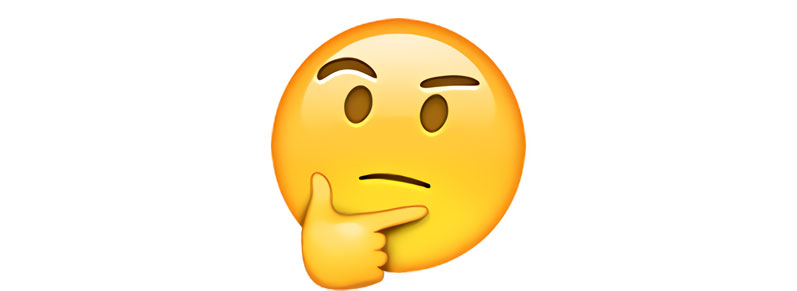You have /5 articles left.
Sign up for a free account or log in.
“What if someone says something negative?”
“People don't talk to one another anymore.”
“LinkedIn is full of false information.”
“We can't do that [on social media].”
Statements like these are quite common. Usually, they are shared in rooms filled with educators, by educators who are trying to place rhetorical roadblocks in the way of critical thinking about social media.
Let me add some more context. I'm always working with educators. Most of the time these educators are from higher education institutions. Sometimes they are from schools or colleges*.
One of the strangest things that always happens in a room full of educators is that someone will express one of the four ideas at the top of this post. These are the traditional tropes of the digital pessimist. These are generally negative statements that are more of a reflection of the commenter than of the state of reality.
Whenever educators use the “what about negative comments” gambit they are immediately showcasing how they frame the world. Of course there are negative comments on social media. But that's where learning happens. In those spaces where dissonance reigns. Or at least the chance for a follow-up moment. Interactions and engagement should always trump fear of the nebulous negative. Besides, negativity is expressed in every single way in which humans communicate. However, we don't push back against face-to-face communications like we do with social media...which brings me to the next trope.
For the last time, face-to-face interactions are not the only way in which people communicate. If people are tweeting, ‘facebooking,’ posting, Instagramming, snapping, etc, these are meaningful experiences/interactions. Learning happens via social media. Human-to-human communication happens on social media. Heck, email is a legitimate means of communicating with someone. The idea that the only valuable means of interacting is via face-to-face spoken word is ludicrous...and yet educators will stand up and declare it as gospel. Perhaps this is more about power differentials...those who lecture as sage on the stage need that as the one true interaction?
Speaking of critical thinking...sorry (not really though), I needed a segue.
Before LinkedIn, people created resumes and CVs with false information. Saying that LinkedIn isn't useful for students / educators because it contains profiles that may or may not be wholly true isn't helpful. This is such a great (bad?) example of a lack of critical thinking. LinkedIn is awesome. If you disagree, take a couple of days to learn the full functionality and benefit of the ‘professional’ social network and let me know if you still think it's not beneficial in a lot of educationally relevant ways. Seriously, there is tremendous value in educators getting on LinkedIn and role modeling its use for students.
Finally, I wish I could permanently write this in the sky via one of those skywriting airplanes: “If you do not use social media it's best to not mandate anti-digital policies.”
If I had a £50 note every time an educator in a leadership role talked about “not being able to do [something on a social network]” due to the fact that they have absolutely no idea how said social media channel actually works, I would be extremely wealthy (even with the decline of the £ due to Brexit). It's a bizarre projection of ignorance that's disguised as leadership.
If you don't know how social media work, that's okay. I will happily work with you to show you what's happening in this space. It's exciting stuff and there are always brilliant examples of social media being used in educationally relevant ways.
What other tropes have you encountered that are used by your fellow educators as a way of blocking the use of social media for teaching, learning, and engagement?
*Note, here in the UK, “school, college, and university” are not necessarily synonyms. As a US citizen, it can be a bit of a code switching challenge.
Do you tweet? Let's connect. Follow me on Twitter.





